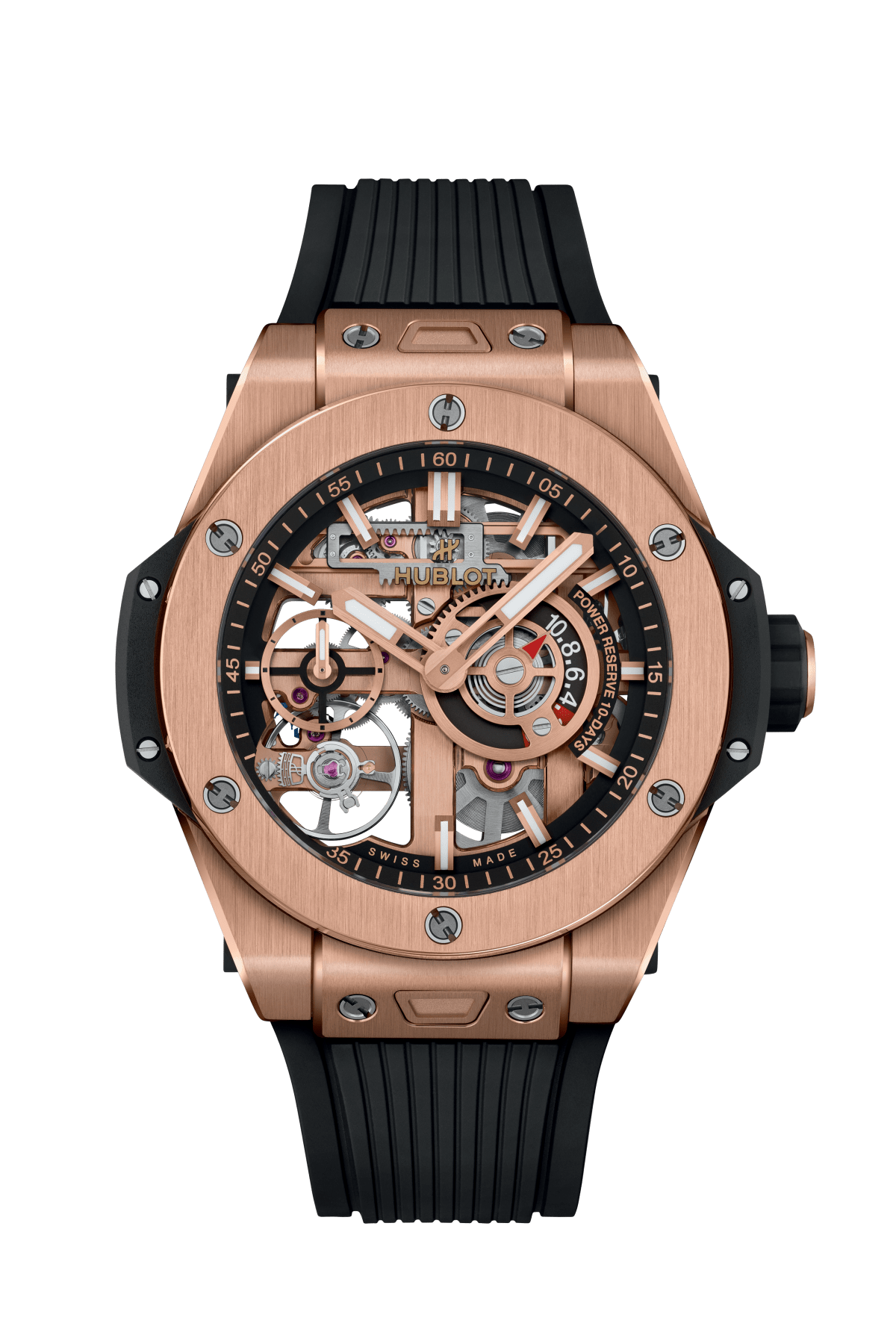Check if your Hublot watch is fake
Hublot is a Swiss luxury watch brand known for its bold designs, innovative materials, and high-profile marketing.
Founded: 1980 by Carlo Crocco
Headquarters: Nyon, Switzerland
Parent Company: LVMH (Louis Vuitton Moët Hennessy)
Hublot is relatively young compared to other Swiss watchmakers but has carved out a distinct niche with its "Art of Fusion" philosophy—blending traditional watchmaking with unconventional materials like ceramic, carbon fiber, rubber, titanium, and even sapphire.
Hublot pioneered mixing high-tech and precious materials. For example:
Gold + Ceramic = "Magic Gold" (scratch-resistant gold alloy)
Rubber straps (a novelty in the early 1980s)
Transparent sapphire crystal cases
In-House Movements
Though initially reliant on third-party movements, Hublot now produces high-end in-house calibers:
Popular Collections:
Big Bang
 Launched in 2005, this is Hublot’s signature line—bold, chunky cases, exposed screws, and skeletonized dials. Often made with experimental materials.
Launched in 2005, this is Hublot’s signature line—bold, chunky cases, exposed screws, and skeletonized dials. Often made with experimental materials.
Classic Fusion
A more refined and minimalistic line that references Hublot’s original 1980 design. Thinner than Big Bang, but still modern and luxurious.
Spirit of Big Bang
Tonneau-shaped watches (barrel-shaped) that reinterpret the Big Bang in a more sculpted form.
MP (Masterpiece)
A line of ultra-complicated, futuristic timepieces (e.g., MP-05 LaFerrari with 50-day power reserve).
Celebrity & Brand Collaborations
Hublot is aggressive in marketing and partnerships, which helps drive its visibility:
Sports: Official timekeeper for FIFA World Cup, UEFA Champions League, and partnerships with teams like Chelsea FC and Juventus.
Athletes: Usain Bolt, Kylian Mbappé
Fashion & Art: Collaborations with artists like Takashi Murakami and brands like Berluti
Cars: Ferrari editions and partnerships with high-end auto brands
Pricing & Market Position
Entry-level Hublot watches: ~$6,000–$10,000 (e.g., basic Classic Fusion)
Mainstream Big Bang models: ~$12,000–$25,000
High complications/limited editions: $50,000 to $300,000+
Collectors’ pieces (MP series): Can exceed $1 million
Hublot competes with brands like Audemars Piguet, Richard Mille, Rolex, and Panerai, especially in the modern/luxury sport segment.
Criticisms and Controversies
Design: Critics often say the watches are too flashy or oversized.
Price vs Movement: Some horology purists argue Hublot’s movements don’t always justify the high price (especially in entry-level models).
Resale value: Compared to Rolex or AP, Hublot watches tend to depreciate faster on the secondary market.